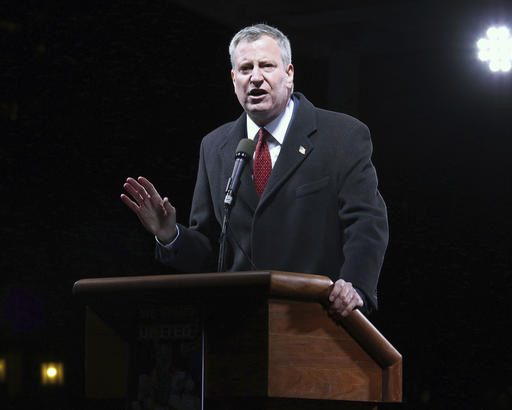NYC to provide free legal council for tenants in housing court
Attorneys Worry it Could Lead to Unintended Consequences

Mayor Bill de Blasio announced an initiative on Sunday that will set aside $93 million to provide free legal access to tenants facing eviction in Housing Court. It’s part of a continued expansion of tenant legal aid that de Blasio started two years ago and has led to a 24 percent drop in evictions, according to the Mayor’s Office.
“We are the biggest city in the country to level the playing field between tenants and landlords in Housing Court. To anyone being forced out of their home or neighborhood, we are fighting for you. This is still your city,” said Mayor de Blasio.
It sounds like a huge leap in a city where more than 70 percent of tenants appear in Housing Court without an attorney. However, lawyers who regularly practice in Housing Court aren’t so sure that the initiative will have its intended effects and would rather see the money going toward social programs.

Brooklyn Boro
View MoreNew York City’s most populous borough, Brooklyn, is home to nearly 2.6 million residents. If Brooklyn were an independent city it would be the fourth largest city in the United States. While Brooklyn has become the epitome of ‘cool and hip’ in recent years, for those that were born here, raised families here and improved communities over the years, Brooklyn has never been ‘uncool’.